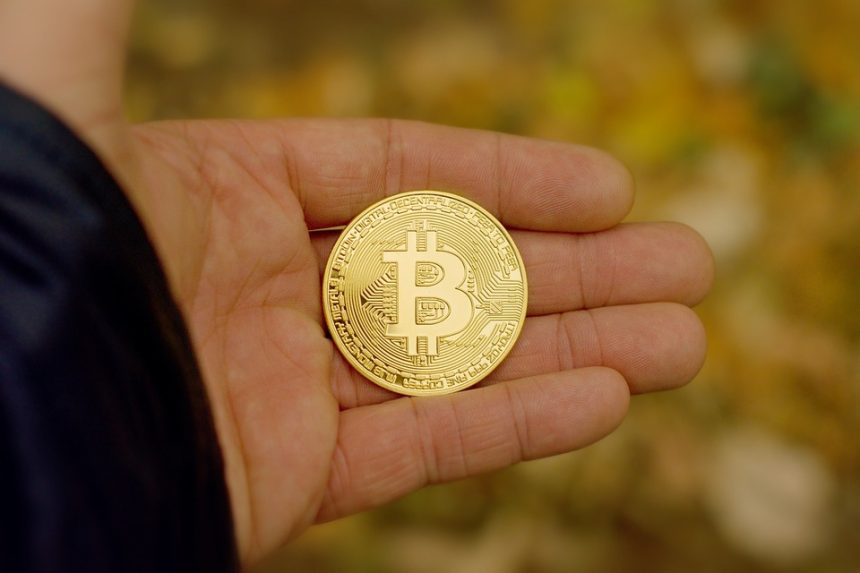The rise of Bitcoin in the late 2000s heralded a new era of financial technology, capturing the imagination of investors and technologists alike. However, as the cryptocurrency landscape evolved, it became clear that Bitcoin was just the tip of the iceberg. Over time, a myriad of alternative cryptocurrencies, commonly referred to as "altcoins," have emerged, each with unique features and functionalities aimed at solving specific issues or enhancing existing systems. Beyond their use as a form of digital currency, these altcoins are reshaping traditional industries through innovative solutions that leverage the decentralized nature of blockchain technology.
1. The Evolution of Altcoins
While Bitcoin introduced the concept of decentralized digital currency, altcoins expanded upon this foundation, experimenting with different consensus mechanisms, smart contracts, and other features. Altcoins like Ethereum, Ripple, Litecoin, and Cardano have drawn their own ecosystems, which address shortcomings identified in Bitcoin or target entirely different sectors.
Notably, Ethereum introduced the concept of smart contracts—self-executing contracts with the terms of the agreement directly written into code. This innovation paved the way for decentralized finance (DeFi) platforms, non-fungible tokens (NFTs), and various other blockchain applications that extend far beyond mere currency transactions.
2. Transforming Financial Services
One of the most significant areas where altcoins are making an impact is the financial services industry. DeFi platforms are revolutionizing the way people access financial services by removing intermediaries, allowing for peer-to-peer lending, staking, yield farming, and decentralized exchanges. Coins like Uniswap and Aave have become household names, providing users with liquidity and lending options that traditional banks could not match.
Additionally, stablecoins, such as Tether (USDT) and USD Coin (USDC), provide a bridge between traditional fiat currencies and the crypto world. By pegging their value to stable assets, these coins mitigate volatility and are increasingly adopted for remittances, payments, and savings, particularly in economically unstable regions.
3. Supply Chain Transparency
The supply chain industry is notorious for its complexities and inefficiencies. Altcoins like VeChain and Waltonchain are pioneering efforts to improve transparency and traceability through blockchain technology. By embedding sensors and tags that communicate with blockchain networks, companies can track products from origin to consumer, ensuring authenticity and reducing fraud.
Such innovations not only streamline logistics but also empower consumers by providing them insights into the sources of their products. This transparency can lead to increased trust and brand loyalty in industries such as food, pharmaceuticals, and luxury goods.
4. Healthcare Revolution
The healthcare sector faces challenges related to data privacy, interoperability, and fraud. Altcoins like MediBloc and Solve.Care are exploring ways to utilize blockchain for secure patient data management, enabling patients to have full control over their medical records and share them seamlessly with healthcare providers.
Moreover, blockchain can help improve clinical trials by enhancing data integrity and participant consent through immutable records. Such solutions not only streamline administrative burdens but also promise to increase patient trust in healthcare systems.
5. Energy Sector Innovations
The energy sector is undergoing a significant transformation with the advent of renewable energy sources. Altcoins like Power Ledger and WePower are leveraging blockchain technology to facilitate peer-to-peer energy trading. These platforms allow individuals and businesses to buy and sell excess energy directly, creating a decentralized energy marketplace.
This innovation not only promotes the use of green energy but also reduces dependence on traditional utility providers, offering consumers more choices and potentially lowering costs.
6. Real Estate Disruption
The real estate industry has long been plagued by inefficiencies, such as lengthy transaction processes, excessive paperwork, and high transaction costs. Altcoins like Propy and Real Estate Investment Platforms (REIPs) are introducing tokenization to this market, representing ownership in real estate properties through blockchain technology.
Tokenization allows for fractional ownership, enabling more people to invest in real estate with smaller amounts of capital. Additionally, smart contracts simplify the buying and leasing process, automating many of the steps typically involving legal intermediaries, thus reducing costs and increasing transaction speed.
7. Challenges and the Road Ahead
Despite the potential of altcoins to innovate traditional industries, the journey is not without challenges. Regulatory uncertainty, scalability issues, and security concerns are hurdles that must be addressed to realize the full potential of blockchain technology. Additionally, many businesses are still in the exploratory phase, grappling with integration and understanding how to leverage these technologies effectively.
Nevertheless, as the blockchain ecosystem matures, we can expect to see increased collaboration between traditional industries and the altcoin space. The innovative spirit inherent in altcoins will continue to fuel advancements that address inefficiencies and create new value.
Conclusion: Embracing a New Paradigm
As we move further into the blockchain age, it is clear that altcoins are not merely a footnote in cryptocurrency history; they are at the forefront of a technological revolution reshaping traditional industries. By harnessing the power of decentralization, transparency, and automation, altcoins are paving the way for innovative solutions that promise to enhance efficiency, reduce costs, and democratize access across various sectors.
The world is witnessing a gradual yet inevitable shift that goes beyond just digital currencies. The future belongs to those who are willing to embrace this change and harness the transformative potential of blockchain technology. As the layers of blockchain technology are peeled away, the real opportunities can truly unfold, promising a more inclusive, efficient, and transparent world.





